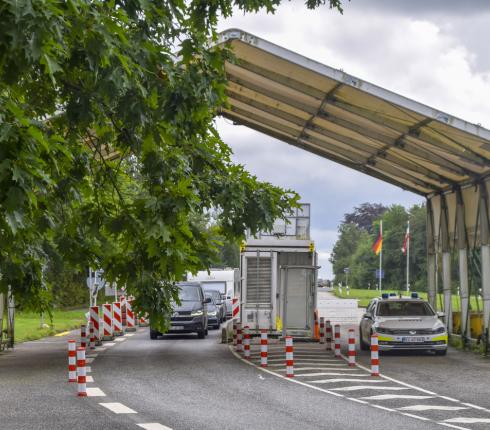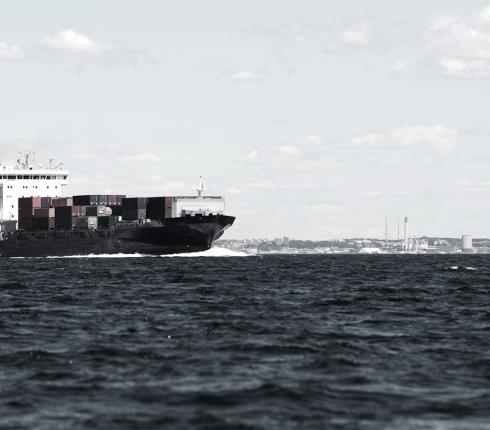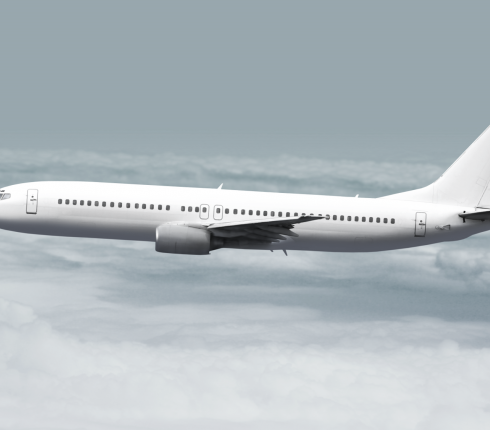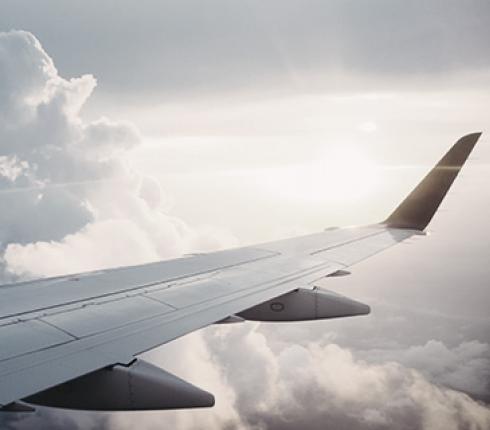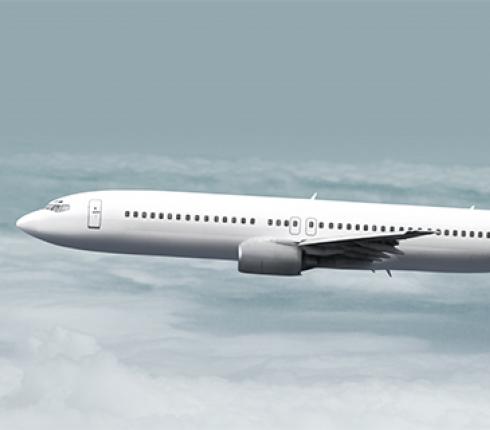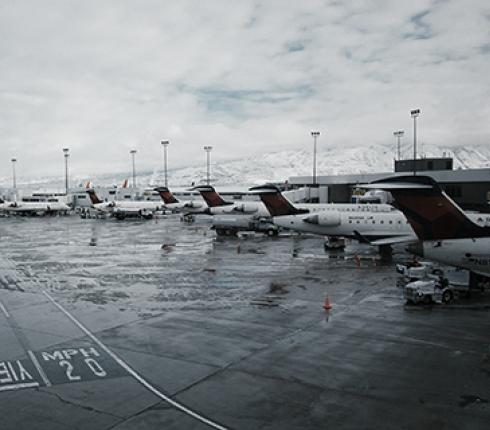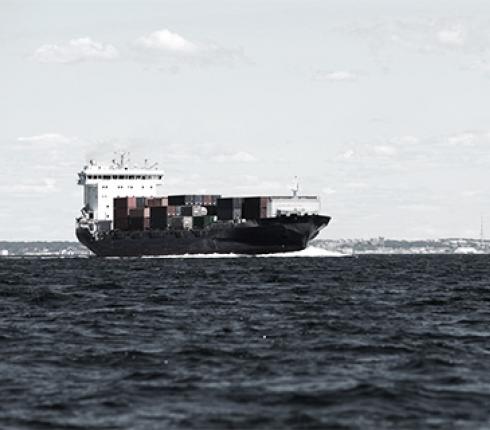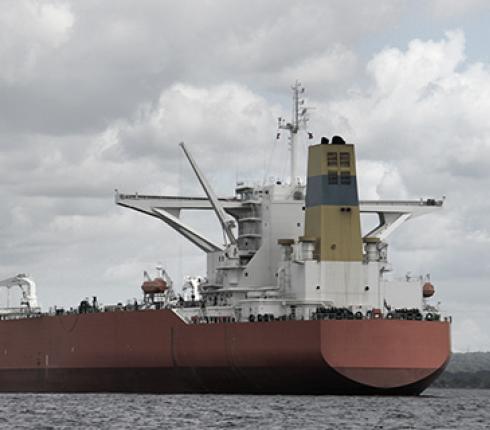No compensation when a flight is cancelled due to COVID-19
The COVID-19 outbreak has hit the air carriers especially hard due to the containment measures of the public authorities, such as travel restrictions, lockdowns, and quarantine zones. The EU Commission has, therefore, issued an interpretative guideline to help with the interpretation of regulation (EC) No 261/2004 regarding EU passenger rights in the context of the developing situation with COVID-19.
According to the regulation mentioned above, the passengers have the right to a fixed sum compensation when their flight is cancelled. This does not apply to cancellations made more than 14 days in advance or where the cancellation is caused by 'extraordinary circumstances' that could not have been avoided even if all reasonable measures had been taken.
In the interpretative guideline, the Commission considers that where public authorities take measures intended to contain the COVID-19 pandemic, such measures are by their nature and origin not inherent in the normal exercise of the activity of carriers and are outside their actual control. This means that passengers are not entitled to compensation if the flight is cancelled due to COVID-19 restrictions.
Even though the passengers are not entitled to any compensation, the operating air carrier is still obliged to offer the passengers the choice among:
- reimbursement (refund),
- rerouting at the earliest opportunity, or
- rerouting at a later date at the passenger's convenience.
During the current COVID-19 outbreak, it can be impossible for the air carrier to offer the passengers rerouting at the earliest opportunity within a reasonable time. It might even be impossible for the air carriers to give an estimate as to when it again will be able to fly to certain destinations if a country has closed all air traffic. Therefore, passengers may risk being considerably delayed if they choose the rerouting option at the earliest opportunity.
In situations where the passengers insist on being rerouted at the earliest opportunity, the air carrier must inform passengers about the delays and/or uncertainties involved in them choosing rerouting instead of reimbursement. Should a passenger, nonetheless, choose to be rerouted at the earliest opportunity, the air carrier has fulfilled its information obligation if it has communicated on its initiative, as soon as possible and in good time, the flight available for rerouting.
The interpretation guidelines leave some questions unanswered. It will be up to the national courts to interpret and establish the extent of the air carriers’ obligations under regulation 261/2004 in the light of the COVID-19 pandemic.
NJORD Law Firm specialises in, among others, Maritime and Transport law, including flight delays. Please feel free to contact our lawyers if you want to know more about aviation and/or Maritime and Transport law.
Stay updated; follow us on LinkedIn and subscribe to our newsletter.



